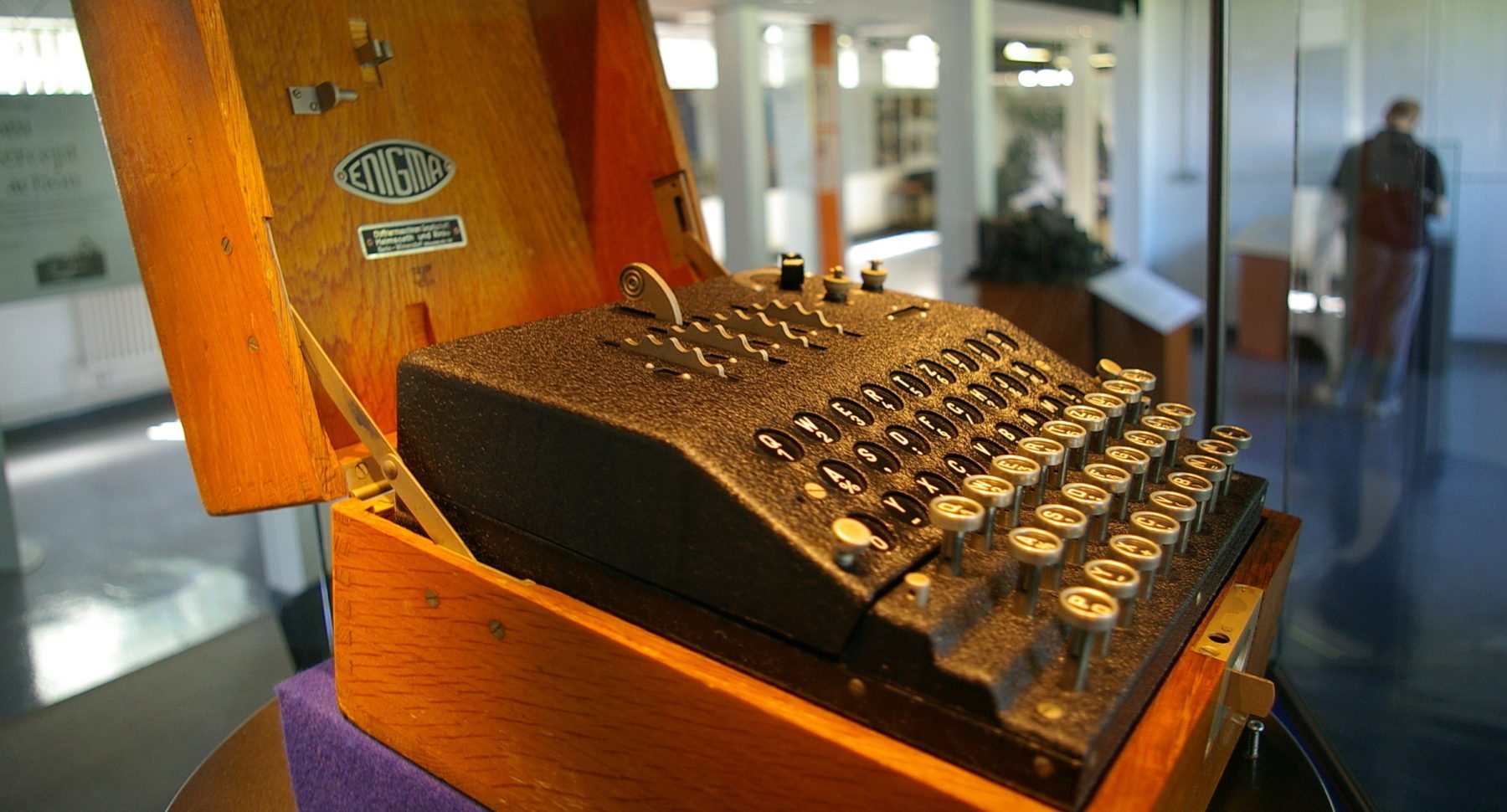Warwick chosen to lead Alan Turing research
Warwick University has been chosen as one of five prestigious institutions to lead a new data research institute, as announced by Vince Cable.
The business secretary has announced that Warwick University will join Cambridge, Oxford, Edinburgh and UCL in leading the new Alan Turing Institute for Data Science.
Introduced by George Osborne in December 2014, the institute will focus its research on complex algorithms and ‘big data’.
Named after the famous World War Two enigma codebreaker, the project aims to place the UK at the centre of the data field.
It will draw together leaders in computer science and advanced mathematics from these university partners, with the wider aim of applying research findings to a large range of business sectors.
The project is being carried out on a vast scale, with the British government providing £42 million of funding over five years. Warwick and the other selected universities are expected to contribute additional funds, along with government bodies and business partners.
Professor Mark Girolami, Statistics professor at Warwick University, has said that the plan is a “hugely exciting development for the mathematical and statistical sciences in the UK”, helping to apply findings to “economically viable goods and services”.
For example, recent research has helped develop technology to detect counterfeit currency.
Professor Philip Nelson, chief executive of the Engineering and Physical Science Research Council (EPSRC) has expanded upon this: “The Alan Turing Institute will draw on the best of the best academic talent in the country.”
He has also emphasised the importance of researching ‘Big Data’: “It will play a central role in how we run our industries, businesses and services.”
The institute will be based in London’s British Library as part of an effort to develop a new ‘Knowledge Quarter’ around Kings Cross, joining Google’s planned headquarters, along with medical research and the latest fashion designs.
Mr Osborne has told the Guardian that collectively this area will renew London as a “centre of modern communication and modern learning.”

Comments